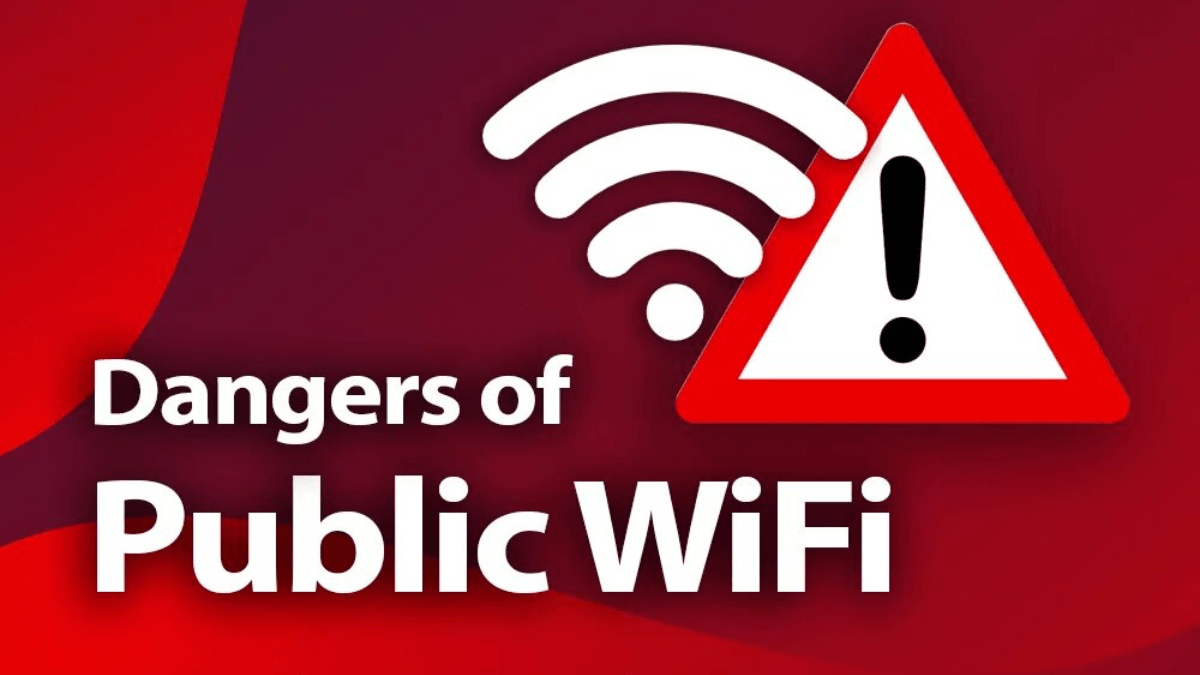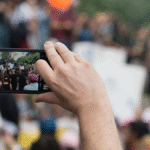WhatsApp on Public Wi-Fi Networks?
In this busy world of today, staying connected is no longer a luxury but a necessity. WhatsApp, with its seamless messaging and calling features, has become an integral part of our daily communication. However, considering the convenience, there also lies a danger when we use it on public Wi-Fi networks. Public Wi-Fi hotspots, while convenient, can pose significant security risks to your WhatsApp conversations. From data interception to unauthorized access, the threats are real. So, how can you safeguard your privacy while staying connected on WhatsApp?
Let’s discuss the comprehensive strategies to mitigate the security risks associated with using WhatsApp on public Wi-Fi networks.
Understanding the Risks
Before exploring mitigation strategies, it’s essential to understand the potential risks associated with using WhatsApp on public Wi-Fi networks.
These risks include:
Data Interception:
Public Wi-Fi networks are inherently insecure, making it easier for hackers to intercept data packets, including your WhatsApp messages, images, and videos.
Man-in-the-Middle Attacks:
Hackers can position themselves between your device and the network, intercepting and altering the communication between you and WhatsApp servers.
Unauthorized Access:
Weak or nonexistent authentication mechanisms on public Wi-Fi networks can pave the way for unauthorized individuals to access your WhatsApp account and personal information.
Malware Injection:
Public Wi-Fi networks are fertile grounds for malware injection, where attackers can inject malicious software into your device, compromising your WhatsApp security.
Mitigation Strategies
Now that we’ve identified the risks, let’s explore actionable strategies to mitigate them effectively:
Use a Virtual Private Network (VPN):
A VPN encrypts your internet connection, creating a secure tunnel between your device and the VPN server. By using a VPN, you can shield your WhatsApp conversations from prying eyes on public Wi-Fi networks.
Enable Two-Factor Authentication (2FA):
Adding an extra layer of security to your WhatsApp account with 2FA can thwart unauthorized access attempts, even if your login credentials are compromised.
Avoid Sensitive Activities:
Refrain from engaging in sensitive activities, such as sharing confidential information or conducting financial transactions, while connected to public Wi-Fi networks via WhatsApp.
Update WhatsApp Regularly:
Stay vigilant against security vulnerabilities by keeping your WhatsApp application up to date. Updates often include patches for known security flaws, increasing your defense against potential threats.
Limit Auto-Downloads:
Configure WhatsApp settings to disable auto-downloads of media files on public Wi-Fi networks. This prevents malicious actors from exploiting vulnerabilities in media files to compromise your device.
Be Wary of Public Hotspots:
Exercise caution when connecting to public Wi-Fi hotspots. Stick to reputable networks offered by trusted establishments, and avoid connecting to open, unsecured networks whenever possible.
Introducing FM and MB WhatsApp
Having concerns over WhatsApp security, alternative messaging platforms like MB WhatsApp iOS or FM WhatsApp have gained traction among users seeking enhanced privacy features.
FM WhatsApp and MB WhatsApp iOS are modified versions of the original WhatsApp application, offering additional customization options, privacy settings, and security features.
One notable feature of these two WhatsApp is their ability to lock individual chats with a PIN or fingerprint, providing an extra layer of protection for your sensitive conversations.
Additionally, FM WhatsApp allows users to hide their online status, read receipts, and type indicators, safeguarding their privacy from prying eyes.
Ensuring Safety When Using Third-Party Messaging Apps
While FM WhatsApp and MB WhatsApp iOS may offer enhanced privacy features, it’s essential to exercise caution when using third-party applications.
Ensure that you download these FM and MB WhatsApp iOS from a reputable source to minimize the risk of downloading malware or compromised software onto your device.
FAQs
Is it safe to use WhatsApp on public Wi-Fi networks?
While using WhatsApp on public Wi-Fi networks poses security risks, you can mitigate them by employing encryption tools like VPNs and enabling two-factor authentication.
Can FM WhatsApp protect my chats on public Wi-Fi networks?
FM WhatsApp offers additional privacy features such as chat locking and hidden online status, which can enhance security when using WhatsApp on public Wi-Fi networks.
What should I do if I suspect unauthorized access to my WhatsApp account on a public Wi-Fi network?
If you suspect unauthorized access to your WhatsApp account, immediately disconnect from the public Wi-Fi network, change your WhatsApp password, and enable two-factor authentication to prevent further breaches.
Conclusion
While using WhatsApp on public Wi-Fi networks can be convenient, it’s crucial to prioritize security to safeguard your privacy and sensitive information.
By implementing the above-mentioned mitigation strategies and using alternative messaging platforms like FM WhatsApp, you can stay connected while minimizing the inherent risks of public Wi-Fi usage.
Stay vigilant, stay secure, and keep your WhatsApp chats protected.









This article highlights the importance of secure communication in today’s busy world. It emphasizes the risks of using fm WhatsApp on public Wi-Fi networks and offers valuable strategies to protect your privacy. A must-read for anyone looking to stay safe while staying connected.
This article thoroughly explains the risks of using WhatsApp on public Wi-Fi networks and offers effective mitigation strategies. As someone who frequently uses public Wi-Fi, I found the tips on using VPNs and enabling 2FA particularly useful. The section on FM and MB WhatsApp also provided insightful information about alternative messaging platforms with enhanced privacy features. Ensuring safety while staying connected is crucial in today’s digital age, and this article serves as an essential guide for WhatsApp users. Great read!
Informative
great artical thanks for sharing
very informative blog post thanks for sharing
this artical is very useful please keep sharing